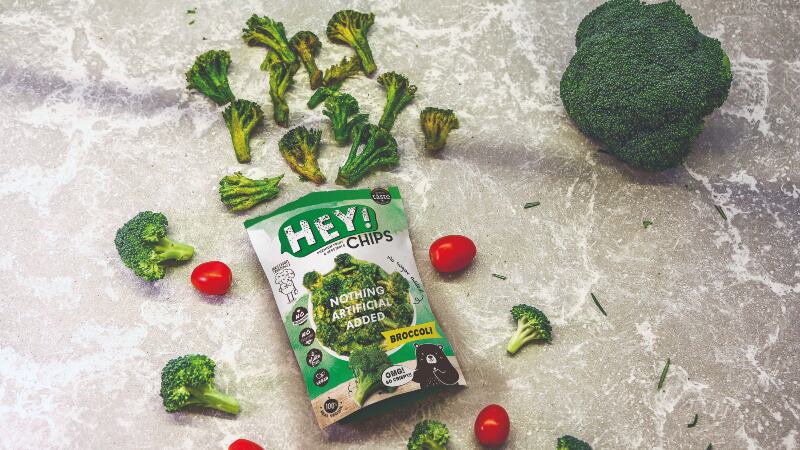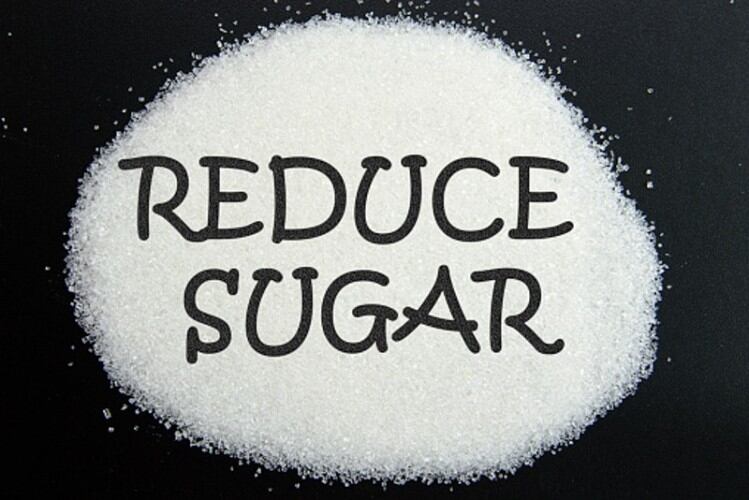This was the conclusion of a panel of experts at the recent Gulfood 2023 event in Dubai, which convened Whole Earth Brands Director Rajnish Ohri, Kanira Founder and CEO Vishal Ramakrishnan and A Diabetic Chef Founder Harsh Kedia for this panel discussion dietary trends and health.
Discussing the rise of various dietary trends and fads both in various regions from the Middle East to Asia Pacific ranging from keto diets to intermediate dieting, the experts all concurred that risk to consumers comes not only by blindly following fads without doing the proper research but also blindly believing food product labels related to these without checking the nutrition panel.
“A lot of these diets start out in the United States and are rooted in consumers looking for a set of principles on what to eat, what to follow, just seeking an easier way to eat and live healthier overall,” Ramakrishnan said.
“There tends to be research backing these up so that benefits can be delivered when done in the correct way, and usually these start out with an initial wave of entrants with this intention in mind – but the major issues start when perhaps a big brand enters this market to hop on the bandwagon of the trend, say keto, and starts slapping on keto labels on its products to capitalise.
“But oftentimes a thorough look at the nutrition panel will show that the ingredients may be in line with keto, but are not that healthy at all – so health ends up not being the point of focus here, and the label is just a play on consumer sentiment for marketing.”
The keto diet is one where a dieter consumes very limited amounts of carbohydrates but instead focuses on high-fat foods, aiming to drive the body into ketosis where it burns fat for energy. Many studies have been conducted on keto dieting, and it is a trend with many followers and supporters – but due to the types of foods involved, it can also pose health risks if done incorrectly, e.g. by no means should a consumer with high cholesterol be eating even more fat.
The panel also highlighted another major issue with such on-shelf packaged products attempting to associate themselves with dietary trends and be perceived as ‘healthy’ in conjunction with this, being that many of these are processed products.
“No matter the type of food, there is no doubt that traditional, fresh foods are healthy when compared with processed items,” Kedia said.
“So [if brands want to associate themselves with the health benefits these diets are said to convey], there needs to be more collated data sets in this regard, and the fact is that these are hard to find at the moment.”
Ohri concurred, adding that big CPG brands need to be especially cautious in this regard due to the wide influence they have on consumers.
“These big CPG brands play a very big role when it comes to population food consumption, and they need to have their messaging correct, as well as to make it easy to educate consumers in the right direction – for example, on reading the nutrition panel correctly,” he said.
“These days the younger generation of millennial and Gen Z consumers are much more particular about label reading, so there is now more consumer pressure on the brands to make their ingredient lists clear, understandable and exercise their responsibility to make products healthier.”
Plant-based – diet or fad?
With the plant-based movement having emerged in recent years as one of the fastest-growing segments of the F&B market, the panel agreed that its unusual growth likely means it is here to stay.
“Plant-based is truly seeing a different level of growth now, and as things progress and prices drop, it is here to stay,” Ohri added.
“We already do see that meat consumption is decreasing and plant-based has grown some five times in the past few years, along with many big CPG brands adopting to this.”
That said, the sector does appear to need to mature further before it is able to reach mainstream status, particularly in reaching a consensus about its various aspects.
“Since I’ve been here, I’ve heard five different definitions of what plant-based is, from eating all-green to being meat-free and more,” Ramakrishnan said.
“So one of the main things needed right now is a broader consensus in the industry, and from there more growth can thus be achieved.”




